Meet Shu Dai


We had the good fortune of connecting with Shu Dai and we’ve shared our conversation below.
Hi Shu, how do you think about risk?
Risk and opportunity always coexist—this is something I’ve always believed. Especially in the field of art, it’s not as black and white as gambling, nor can you predict an outcome through data like in a math problem. Risk, more often than not, can actually spark potential and force you to look at things from a different perspective. Rather than focusing solely on risk, I think what’s more important is confidence in the face of challenges and the ability to not fear failure. A great work of art is always the result of constant experimentation—believing in yourself at the start, accepting mistakes along the way, and learning through failure. This is the necessary path to creating something truly great.
In my eight years as a director, I’ve shot over 100 projects, both big and small, and most of the successful ones were completed under risky circumstances. Even my decision to leave my job as a commercial director in China and come to the U.S. was a risk. But I believe I can handle these risks and, in doing so, discover a better version of myself
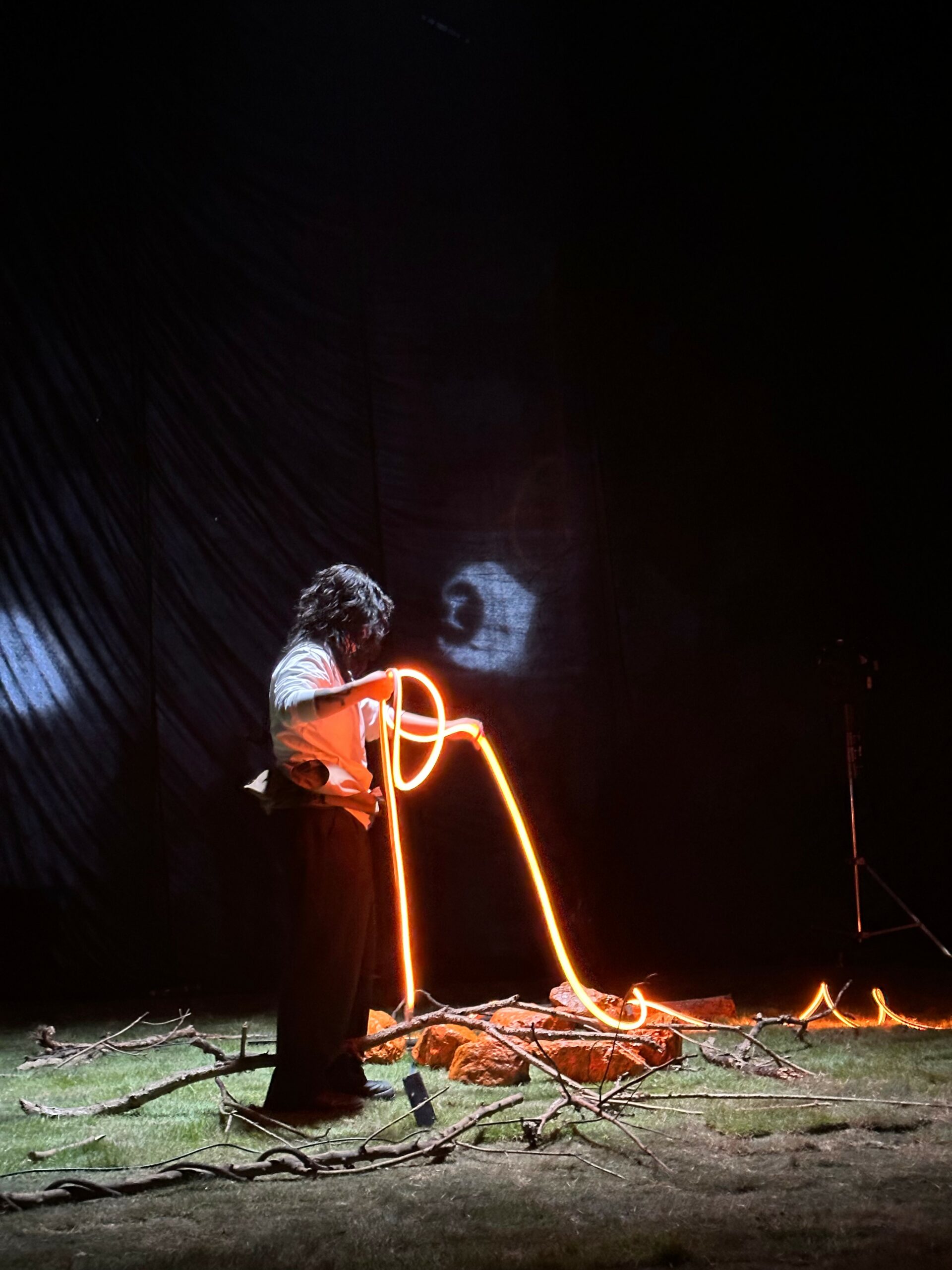
Can you open up a bit about your work and career? We’re big fans and we’d love for our community to learn more about your work.
Ever since I was in elementary school, I dreamed of becoming a director. But back then, it was more of a naive fantasy, like how kids dream of being superheroes. I didn’t know what it really meant to be a director or how to become one. Luckily, I stuck with it—maybe because being a director seemed slightly more achievable than becoming a superhero.
In middle school, I began reading books and studying film school textbooks, thinking that a director just needed to be knowledgeable. I memorized film history and studied theories, and with that, I managed to get into film school. But even in college, I still didn’t know how to actually make a film. My classmates were all using advanced equipment, focused on producing high-quality, polished work. I became obsessed with making my films “look good,” and people started to praise my work for its production value. After graduating, I built on my strong visual style and became an advertising director. But with that success came new criticism: people said my films were all style and no substance. They claimed I couldn’t tell a story, that my work lacked soul, and that all I needed was a good cinematographer—there was no need for a director like me.
That’s when I began to question myself and my approach. I wanted to figure out how to become a true director, so I sought out new knowledge. I set my sights on attending one of the best film schools to learn how to tell stories, which is how I ended up in the U.S. There, I studied three-act structures and how to create conflict. But once again, I lost my way. No matter how hard I tried, I couldn’t create the work I envisioned. I started doubting myself, wondering if I even had the talent to be a director. In a foreign country, struggling with the language, I couldn’t help but think: how could I possibly become a director?
I poured all my savings and resources into projects, yet the final results always fell short of my expectations. However, these failures brought a new understanding. I began to ask myself what I truly wanted to express. Without all the techniques and shortcuts, what was my core message? After all my attempts to figure out how to “become” a director, I came to a clear realization: being a director is just a role. Anyone can be a director if they have a genuine desire to express something from the heart. That’s all it takes to create work that moves people. I had been chasing the idea of what a director is supposed to look like, but in doing so, I lost sight of that original urge to simply tell a story.
Now, I know that I need to slow down, be honest with myself, and tell stories with sincerity.
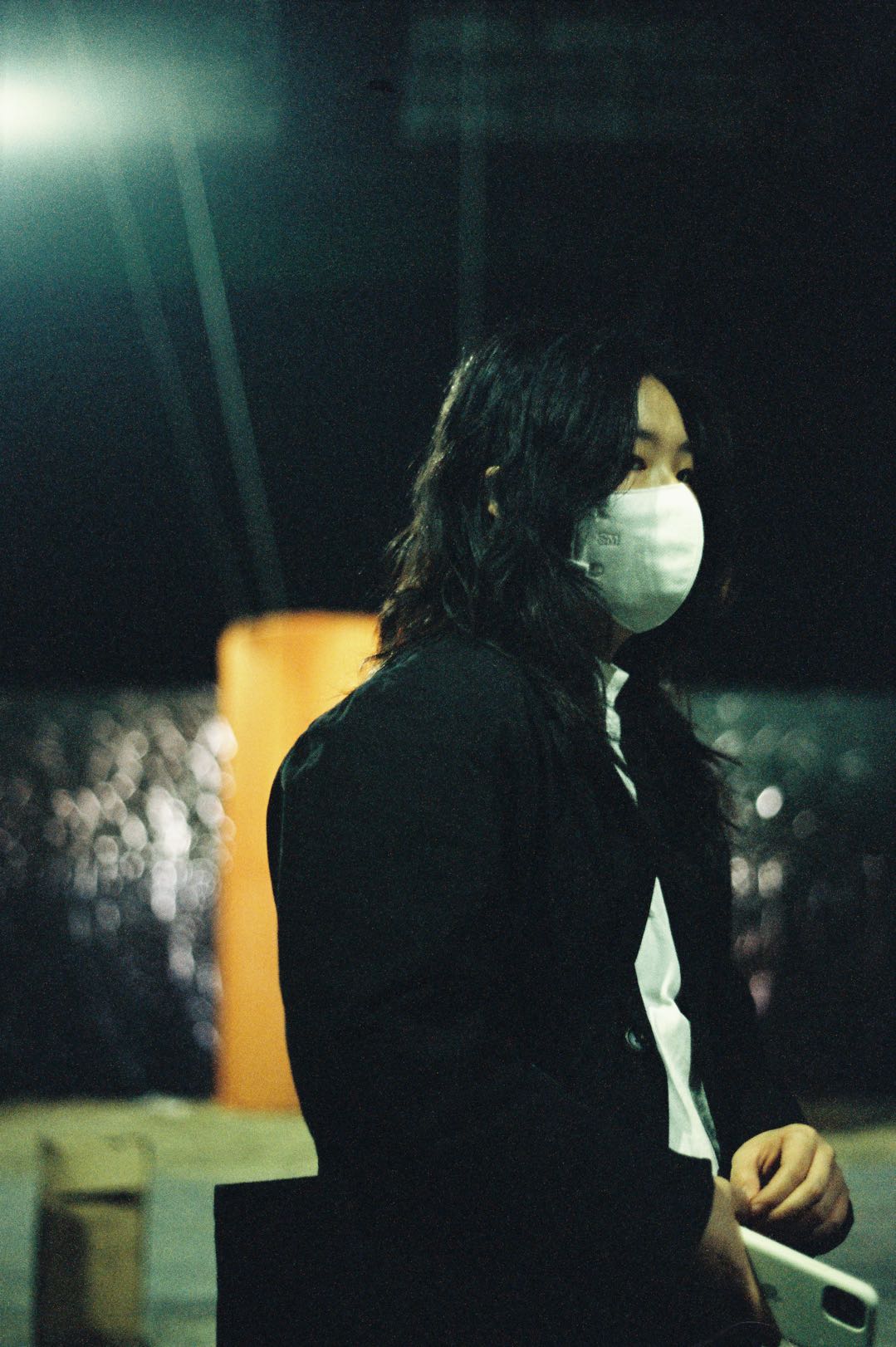
If you had a friend visiting you, what are some of the local spots you’d want to take them around to?
We’d start at Venice Beach, where we could catch the mesmerizing bioluminescent waves, the “blue tears,” and walk along the iconic boardwalk. Then, a visit to Griffith Observatory would give us not only a chance to explore the wonders of space but also to enjoy one of the most beautiful sunsets over the city. The view of LA from the hills is truly unforgettable.
LA also has a rich cultural and urban side. We’d explore the Arts District downtown, with its mix of street art, galleries, and trendy spots. Walking through the streets lined with murals, stopping by some local coffee shops, and enjoying the food scene would give a taste of the creative energy here.
For a change of pace, we’d head to Malibu, where the coastal beauty meets rugged hiking trails in the Santa Monica Mountains. And just a short drive away is Joshua Tree, with its vast, otherworldly desert landscape—such a contrast to the bustling city. This variety in terrain is one of LA’s best features, making it possible to go from the beach to the desert in a single day.
And, of course, no trip to LA would be complete without soaking in the laid-back vibe of places like Santa Monica or West Hollywood, whether it’s exploring local shops or simply relaxing at the beach. The city’s temperate weather is a huge plus—it’s almost always the perfect temperature to be outside, enjoying everything the city has to offer.
What I love most about LA is how it blends the natural with the urban, the peaceful with the energetic. It’s a place that feels full of contrasts, but somehow, everything comes together in a way that feels just right.
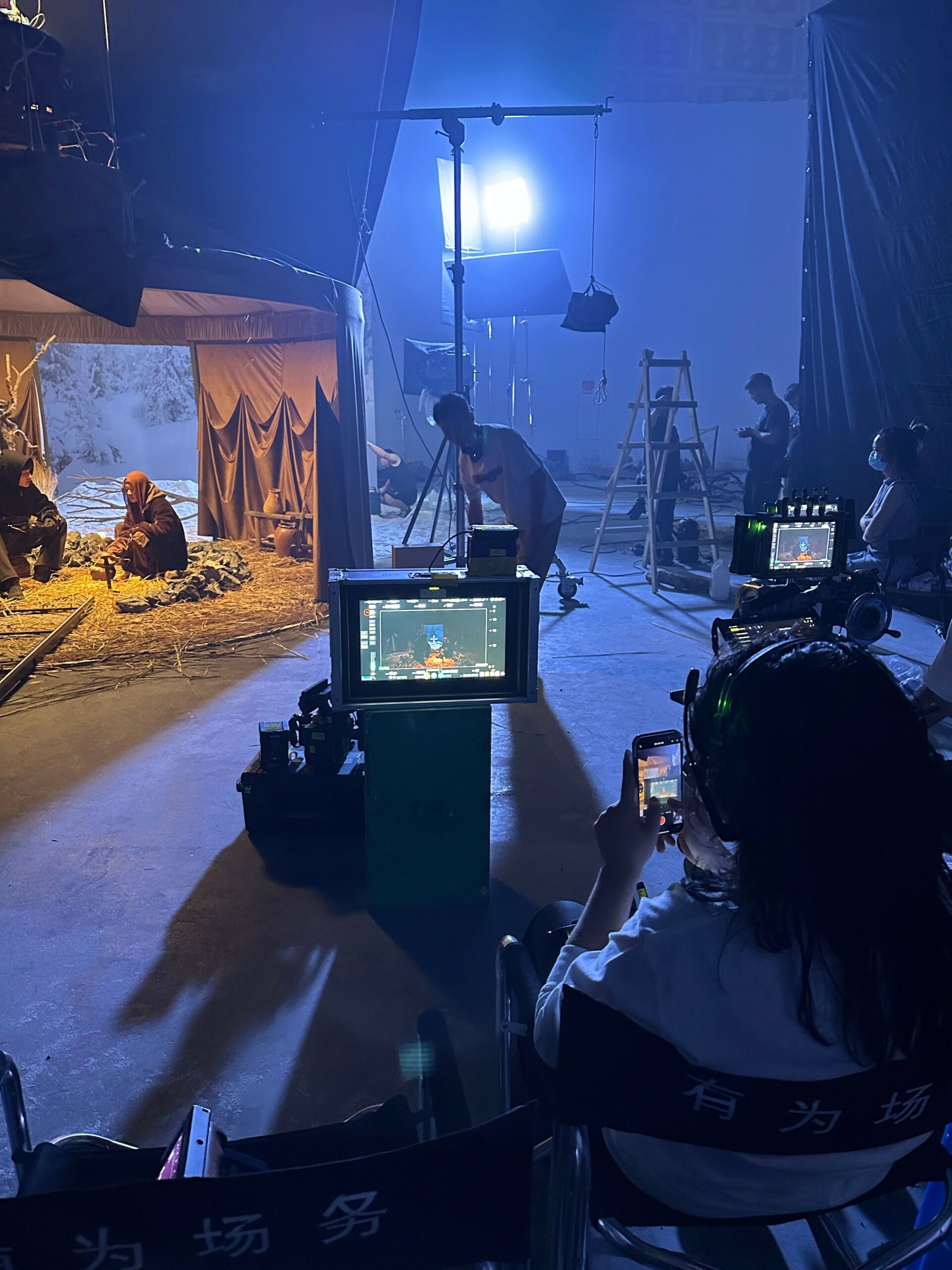
Who else deserves some credit and recognition?
If I were to give a shoutout, it would undoubtedly be to my family. In East Asian families, it’s often the norm not to express love openly, but all the emotions, all the care, are conveyed through actions, left unspoken. Perhaps through these words, I can say what I haven’t been able to say directly: I love them. They mean so much to me, even though these words would never surface in our day-to-day life. From childhood to now, my family has always supported me. I honestly can’t recall a single time when they told me to give up on my dream of becoming a director. Even when I finally became one, they admitted they never imagined their world would connect with the world of a director. They were simply supporting what I wanted to do.
To me, this represents a deep sense of respect and trust—something far more valuable than any kind of material sacrifice. And it’s because of that trust that I know I can achieve anything.
Website: https://www.xinpianchang.com/u10047836?channel=copyLink&from=webShare
Instagram: https://www.instagram.com/daydaiiii/profilecard/?igsh=MzRlODBiNWFlZA==
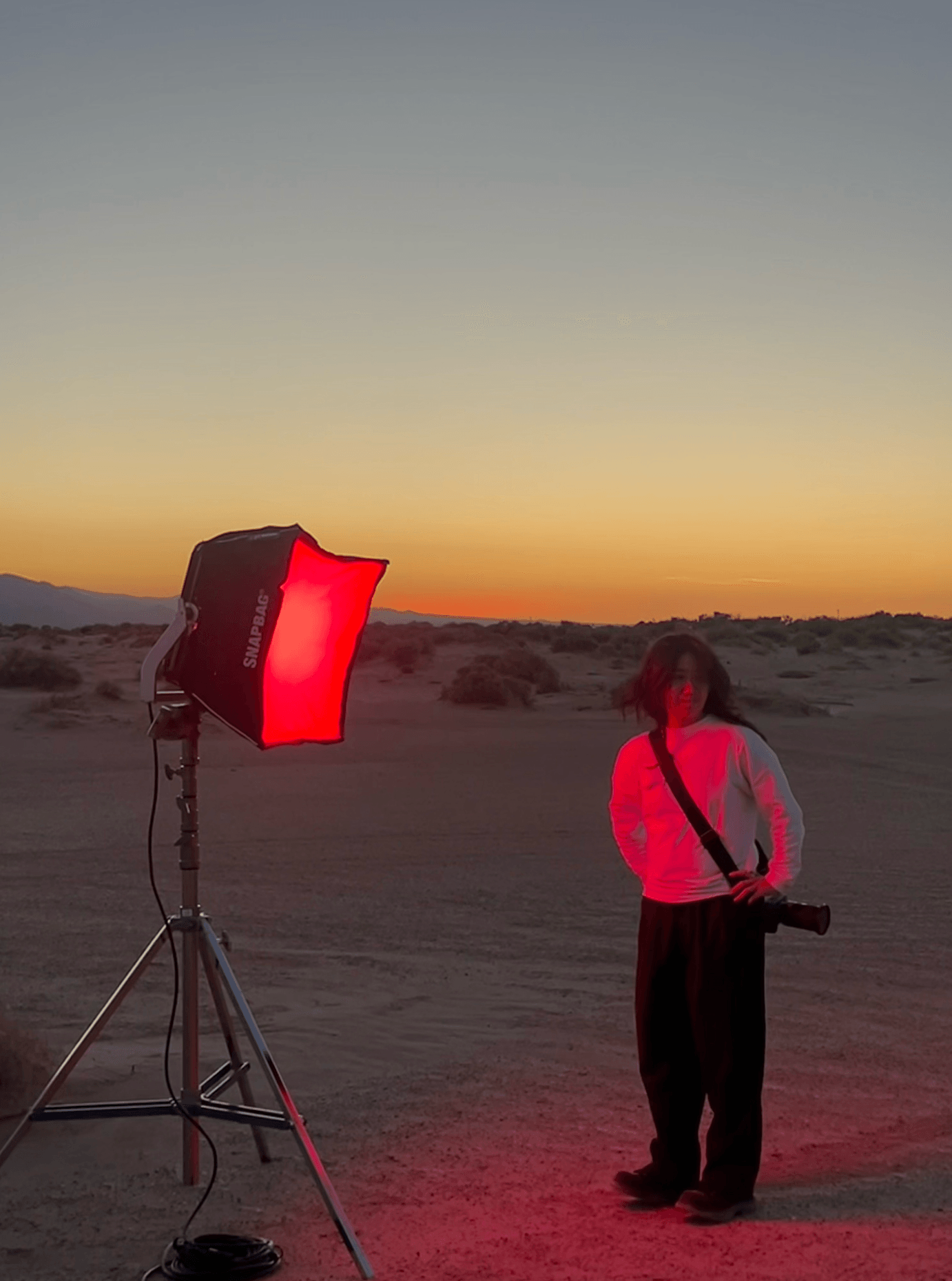
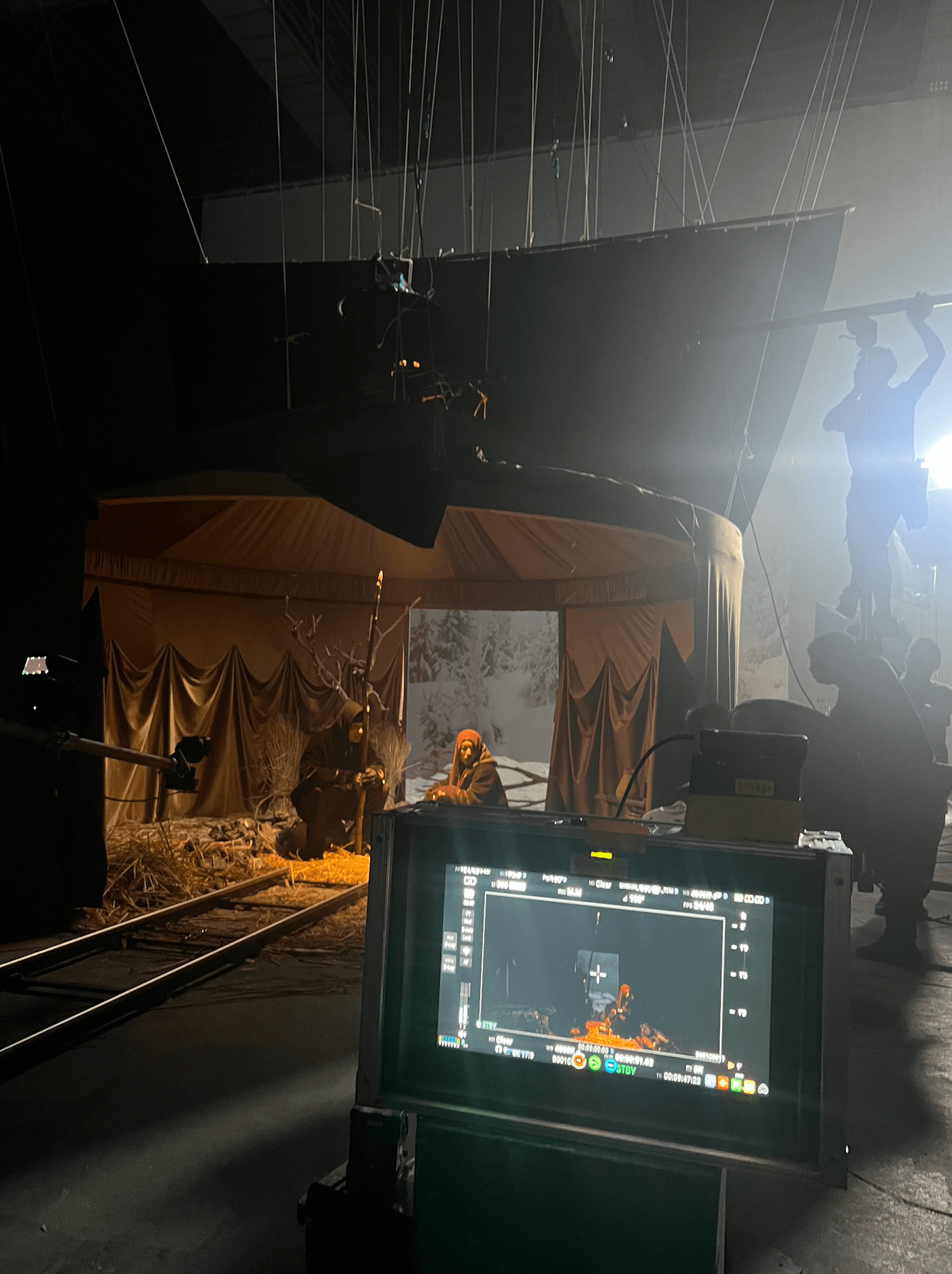
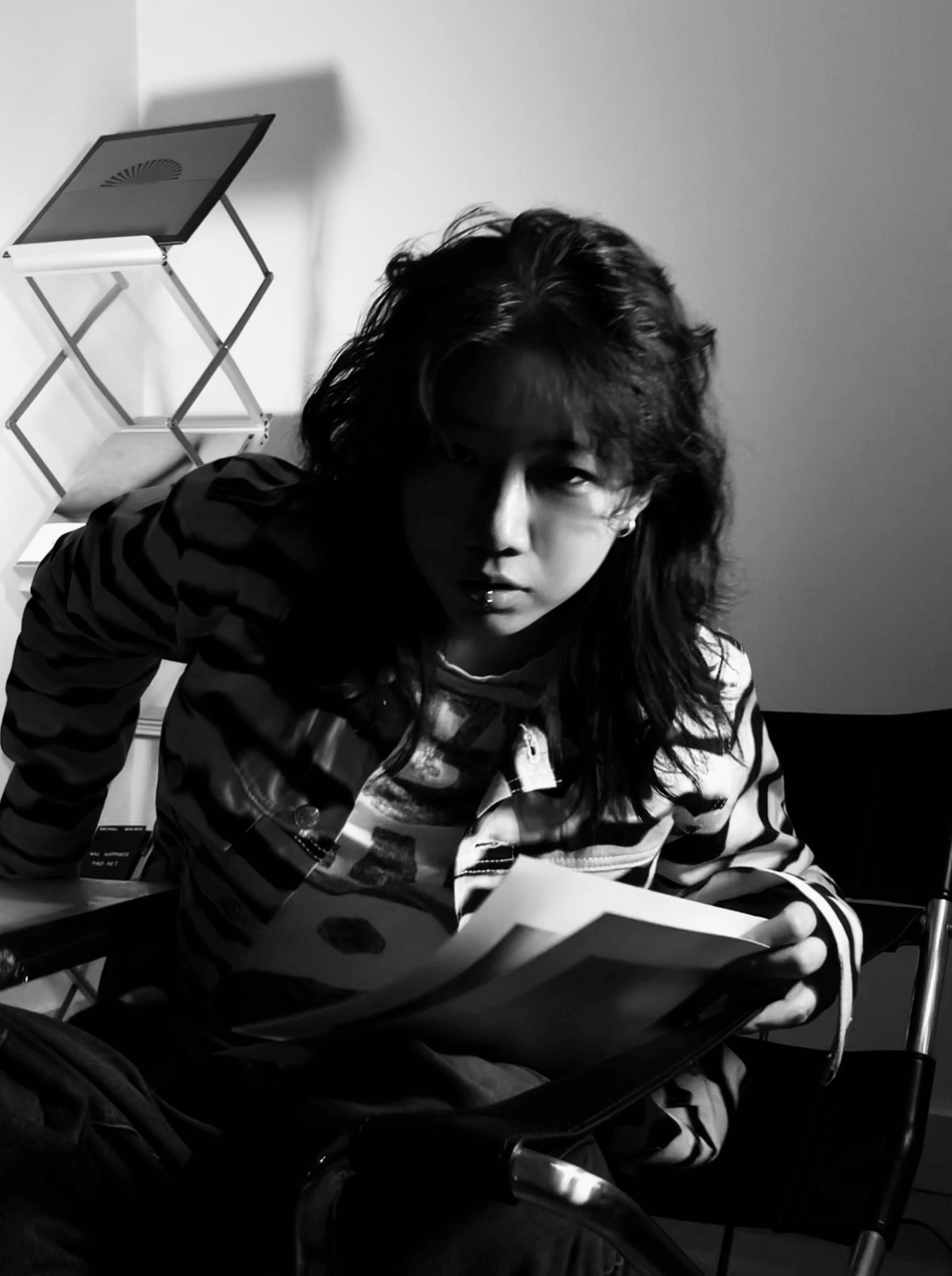
Image Credits
iphone
